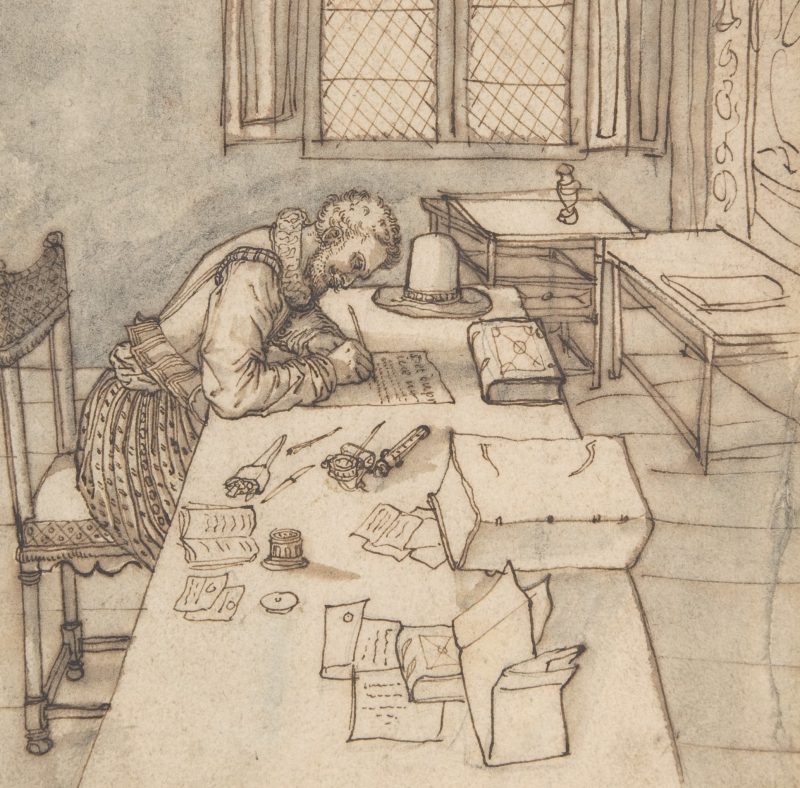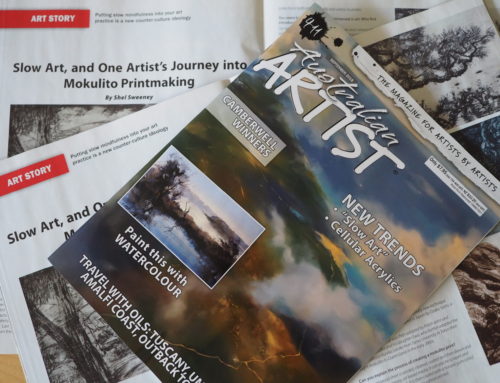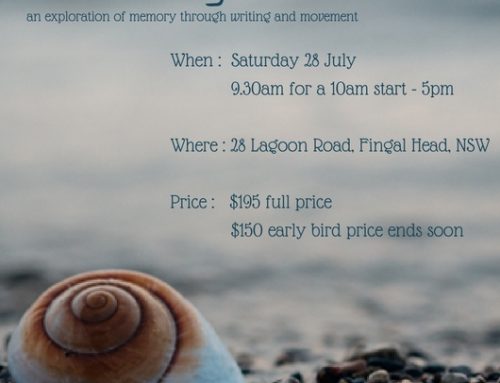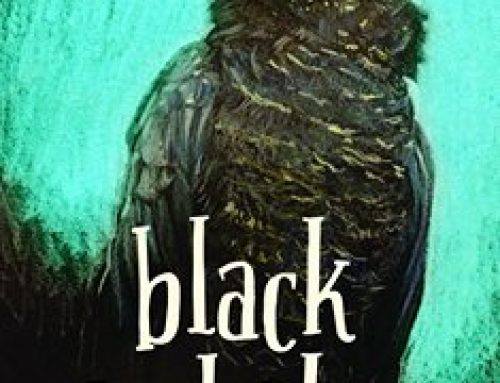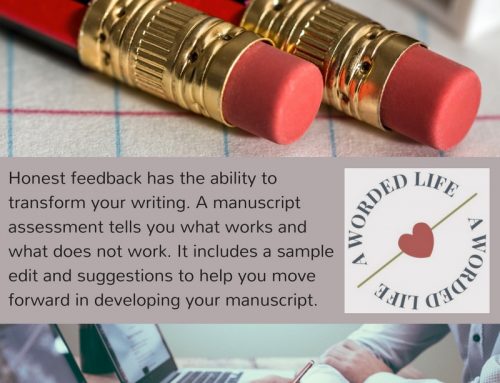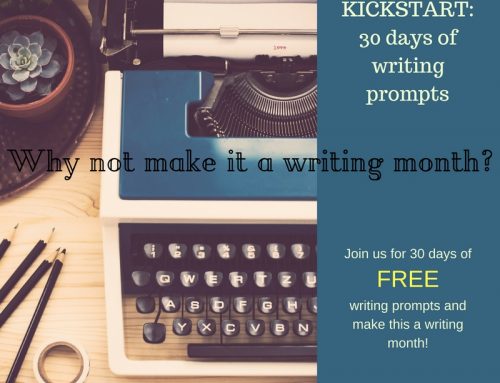Writing prompts can free up the writerly brain to help you get out of your own way and release your creative self.
How to use writing prompts
While there are no rules about how to use writing prompts, there are a few tips that will help you maximise your experience with them. The first and foremost of these is not to edit your writing as you go. In fact, you don’t need to edit your responses at all if you don’t want. No one needs to see your written responses to writing prompts except you. But if you do want to edit…save it for later, after the writing is done.
You might simply begin writing as soon as you read a writing prompt, but in order to get the most from the prompt itself, take a moment or two to jot down as many ideas as you can in response to the prompt before you begin any actual writing. Having a couple of ideas can help you to sustain your writing response.
Use writing prompts as an opportunity to practice story craft. Try working on such things as world building, point of view, characterisation and plot; or to play around with genre, drafting and editing. The aim is not to write perfected pieces, but to push the boundaries of your writing, to extend yourself and to build new skills.
Put expectation out of your mind; be open to experimentation instead.
Realise that writing prompts may not always be fun – they are much, much more than that! In order to get the full benefit from a prompt, try not to pick and choose. Commit to writing about whichever prompt you come across. In this way, you will further flex your creative muscle and build a writing practice.
Read more: The Why of Writing Prompts.
Kick-start your writing
‘Writing Kickstart: 30 days of writing prompts‘ is a FREE eCourse designed to help you kick-start your imagination and a regular writing practice.
Sign up for your FREE 30 days of writing prompts at A Worded Life then get ready for an awesome 30 days!
Image detail from Interior with a Man Writing on a Long Table, held at The MET.

